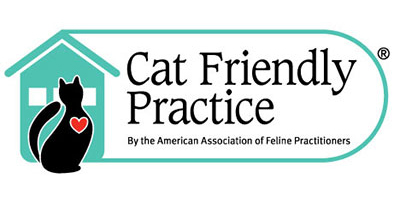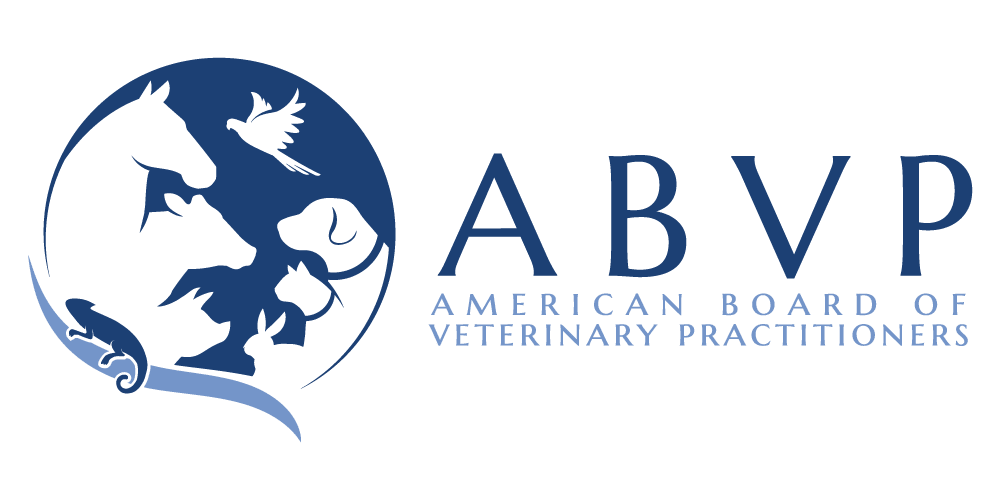Wellness examinations are essential for the long-term health of our pets. These are examinations of animals that “appear healthy” versus an ill animal visit. These examinations allow us not only to evaluate our patients but also communicate with you regarding your pet’s lifestyle. These examinations are part of a preventative health care plan to maintain your pet’s optimal health.
We recommend wellness exams at least twice yearly; more frequent examinations may be recommended for patients with chronic disease processes. Puppies and kittens also receive more frequent wellness examinations. We must remember that our pets age faster than humans; different breeds age at different rates. For example, a small breed dog is middle aged at about 5 years while a giant breed would be considered a senior.
During a wellness exam, you can expect to be asked about your pet’s lifestyle, including questions regarding diet, exercise, elimination habits, behavior, and more. A complete physical examination will also be performed. Using the findings from the physical exam, lifestyle questions, breed, and age, recommendations will be made for your pet. These preventative health recommendations will include appropriate vaccinations, parasite preventatives, nutrition, coat & skin health, and dental care. Depending on your pet’s breed, age, and lifestyle, additional testing may be recommended.





